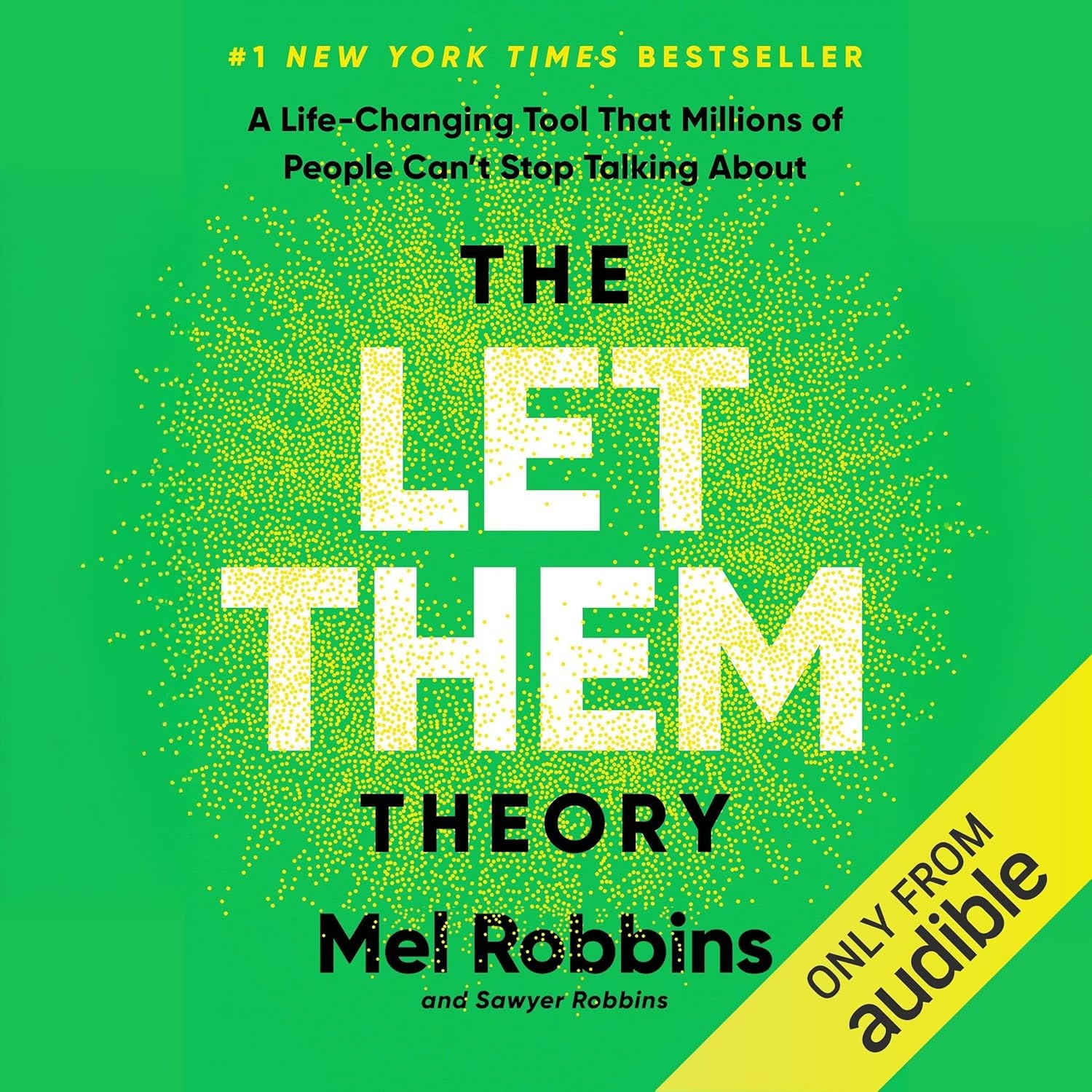![]() I featured The Age of Desire by Jennie Fields in my “4 Must-Read Books of the Year” post back in December, and now that it’s out in paperback, I just may read it again! As a big fan of Edith Wharton, I really wanted to interview Jennie but, because I’m now rushing off to BookExpo America and didn’t have time, I thought I’d publish this Q&A her publicist shared with me instead.
I featured The Age of Desire by Jennie Fields in my “4 Must-Read Books of the Year” post back in December, and now that it’s out in paperback, I just may read it again! As a big fan of Edith Wharton, I really wanted to interview Jennie but, because I’m now rushing off to BookExpo America and didn’t have time, I thought I’d publish this Q&A her publicist shared with me instead.
Edith Wharton is one of your favorite writers. How did that influence your writing?
Well, I must say, I felt very conscious of the language I used. I wanted it to be appropriate to the era, hard-working and beautiful all at once. I could never dream of writing as exquisitely as Edith. I often get chills when I read her writing. If angels could write, they’d write as she did. The music of her language is instructive and breathtaking. But I tried to write in a way that I felt might please her. Also, I often started my writing sessions by reading a few pages of one of her books. I never get tired of her books, no matter how often I read them.
The book follows Edith’s sexual awakening. What was it like writing sex scenes for such a well-known writer?
Not many people know this, but when Edith died, among her effects, her literary executor found some pornography that she’d penned. There was nothing shy about this work. It was bold, shocking, and also, of course, exquisitely written. While I did not use any of the language of this piece (named Beatrice Palmato, for those who are curious—and yes, it’s on the internet) it did instruct me as to how she viewed sex and passion, and gave me insight into what excited her.
Edith Wharton at The Mount, 1905. Edith Wharton Restoration.The relationship between Edith and Anna is very complex. Did you always plan on making their troubled friendship central to the book, or did it grow out of your research?
It wasn’t until three months into the writing of the book that I decided to add a secondary protagonist, someone who could view Edith objectively. Anna Bahlmann seemed the perfect character as she was with Edith on and off since her days as Edith’s governess until the year Anna died in 1916. To have kept Anna with her so long, I assumed they must be very close, but biographers had hardly mentioned her.
Then after I’d already written many chapters of the book, a miracle occurred. Over 100 letters from Edith to Anna which had been moldering in an attic came up for auction at Christies! Everything I supposed about their relationship was true. They were loving and close since Edith’s childhood, and she trusted Anna with a great deal. I grew more and more intrigued with this shadowy figure.
What’s next for you?
I’m working on a new biographical novel about a woman who was world-famous in the 1890’s but that few people know about today. She was one of the richest women in the world, accomplished, highly intelligent, beautiful and charming. Because of her power and fame, she was able to go places where most women weren’t allowed, and used her access to further the cause of women. She was also an art-lover, and one of the first Americans to purchase Impressionist paintings. She and her husband bought hundreds which now make up the majority of the Art Institute of Chicago’s collection. If you can guess her name, you’re good! If not, I’m hoping my book will make her far more well known.
If you want to win a copy of The Age of Desire — and, trust me, you do — just leave a comment below about writing, Edith Wharton, desire, the subject of Jennie’s next book, whatever! One winner will be picked at random when the contest ends on June 16 at midnight, and the winner will be notified by return email.




Wow, This book sounds great. I love reading Edith Warton, love her NY descriptions
I loved reading Edith Wharton, the last time was at least thirty years ago. I’m pretty sure I’ve read every book of every author out of that era. Jennie’s book sounds absolutely intriguing.
I love biographies and this one sounds fascinating
Cynthia.Richardson@azbar.org